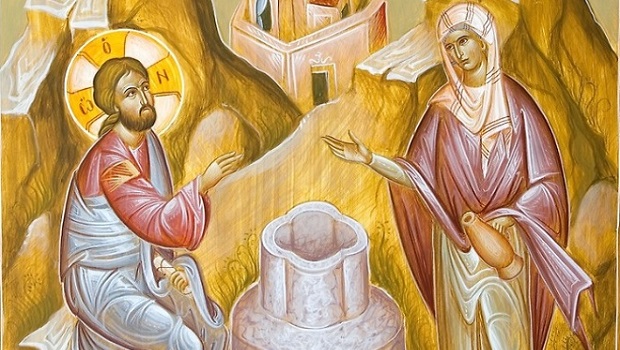Saint John Chrysostom
The rich are useless. Yes, useless, unless they’re generous and charitable. But, unfortunately, not many rich people are distinguishged for their love of others. Most of them wallow in self-love, in hard-heartedness and sin. So don’t envy them. Think, rather, about Peter and Paul about John and Elijah, about Christ Himself, Who had nowhere to rest His head. Imitate the poverty of Him and His saints, who were deprived of material goods but enjoyed untold spiritual wealth.
Always remember the Lord’s declaration on how difficult it is for the rich to be saved: ‘It’s very difficult for those with money to enter the Kingdom of God. It’s easier for a camel to pass through the eye of a needle than for a rich person to enter the Kingdom of God (Luke 18, 24-5). If you like, measure this statement of Christ’s against all the gold on earth and you’ll see that the gold doesn’t outweigh the damage that possessing it will do to you. Even if you had your own land and sea, the countries and states of the whole world, if humanity worked for you, if they gave you fountains of gold instead of water, then I’d tell you you still weren’t worth thirty cents, because you’d have lost the Kingdom of Heaven.
Tell me, if the emperor invited you to the palace and invited you to sit next to the throne, spoke about you in high terms to all the courtiers and kept you at his table to taste the impartial dishes, wouldn’t you consider yourself to be the happiest of people?
And now, when you’re about to go to heaven and stand beside the King of All, to shine like the angels and to share in God’s inaccessible glory, you hesitate to scorn money, when you should be throwing it around with joy, even if you have to sacrifice your life to do so. In order to claw your way up into some transitory public position that will allow you the opportunity to steal, you’ll use any means, fair or foul. Yet now, when the eternal Kingdom of Heaven’s before you, which nothing will ever replace, you’re indifferent and sit gawping at money.
Alas, how dulled our minds are. Those are the goods we desire and we’re so attached to the things of this earth! We don’t see the cunning of the devil, who offers us trivia and takes away what’s important. He offers us mud and snatches heaven away from us. He draws us into the dark and distances us from the light. He drags us into deceit and deprives us of the truth. He fools us with dreams- because that’s all that the riches of this world are, a dream- and reduces us, at the hour of our death, to being poorer than the poor. Because you take nothing with you, apart from your virtue and your good works.
Source: pemptousia.com




0 Comments